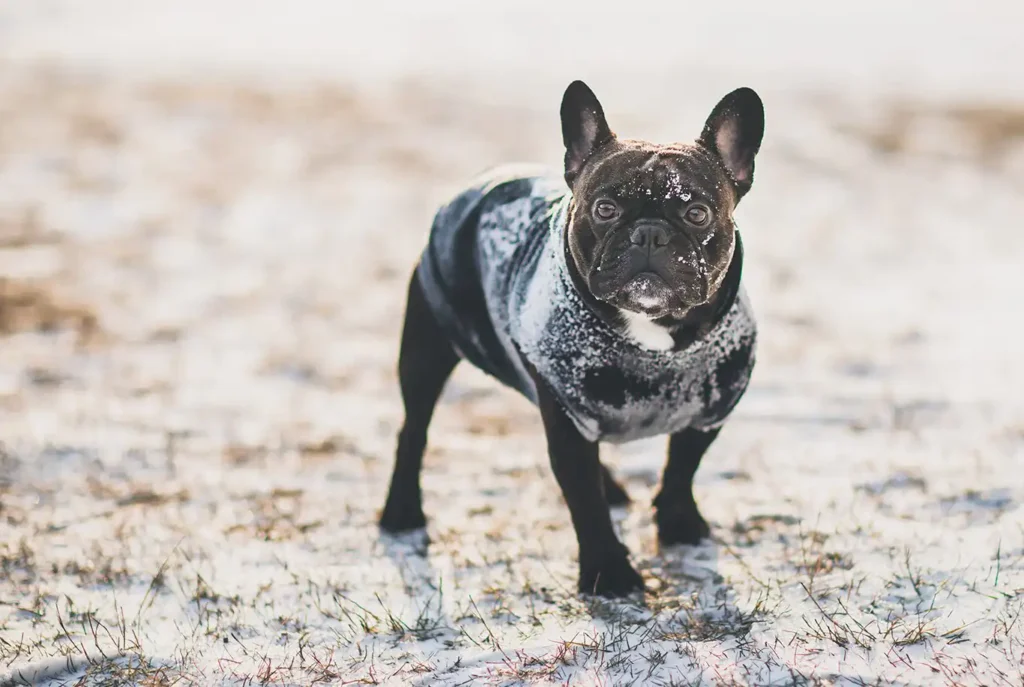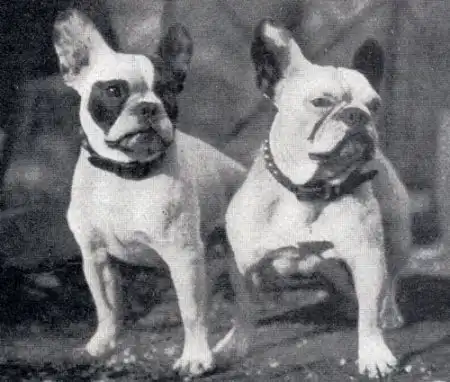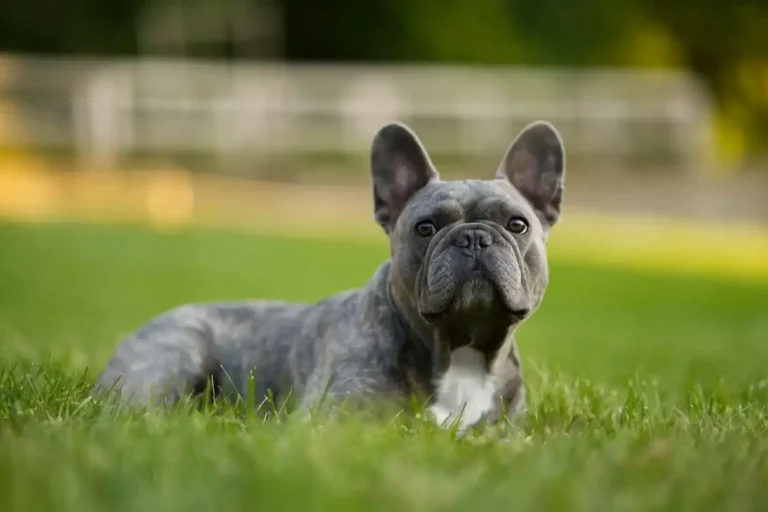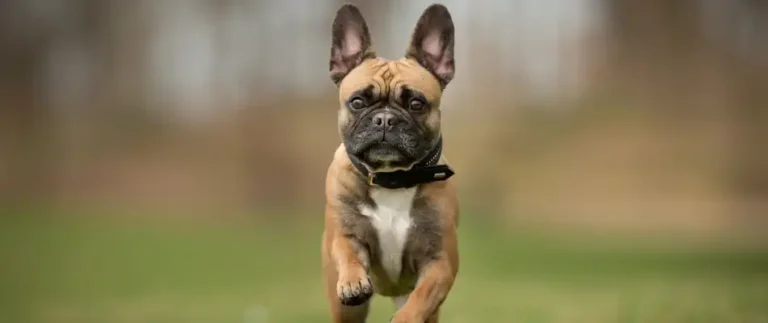French Bulldog Care Everything You Need to Know
The French Bulldog is a small but muscular dog breed that resembles the English Bulldog except for its body size and large, erect “bat ears.” The French Bulldog is one of the most popular small dog breeds and makes a great companion dog, whether you live in the country or the city.
- Country of origin: England and France
- FCI classification: Group 9, Section 11 Small Molossian Dogs
- Temper: affectionate, easygoing, lively, social, eager, alert, patient, smart, playful, athletic
- Colors: Fawn, Brindle, White, Tan, Brindle & White
- Weight: Male: 9 – 13 kg, Female: 8 – 12 kg
- Height: Male: 28 – 30 cm, Female: 28 – 30 cm
- Life expectancy: from 10 to 14 years
French Bulldog puppies
Despite their even build, French Bulldogs can require quite a bit of exercise to make good companions. With this breed, early socialization is essential to promote good behavior in their adult years.
Although French Bulldogs can be a bit stubborn, they are extremely people-oriented, so training your French Bulldog puppy shouldn’t be too much of a challenge. Choosing the right motivator, such as tasty treats like Agility or Bravo from the Husse range, can help with the training process.
Since obesity is common among dogs of this breed, you should give treats in moderation and feed your dog a well-balanced and healthy diet developed specifically for small dog breeds. Husse Puppy Mini is recommended for French Bulldog puppies.

French Bulldog Nutrition
French Bulldogs are prone to obesity, so it is crucial to watch their calorie intake as well as their weight. Feeding your dog a diet made specifically for their size and age will help keep your dog in good shape.
Optimal Mini from the Husse range is a dry dog food for small breeds, specially formulated to meet all the dietary needs of your French Bulldog. Since French Bulldogs are prone to obesity, you should quickly consider switching to Prima Plus for easier weight control if you notice any weight gain.
Since brachycephalic obstructive syndrome is common in dogs of this breed, it is important to supplement with electrolytes during the warmer months (especially in hot weather). Since this breed can be prone to a range of diseases and conditions that affect bone and joint health, supplementation with glucosamine and chondroitin can be beneficial, especially in adult and older French Bulldogs.
Artro Plus from the Husse range is a great supplement, for older dogs you should consider switching to the Senior from the Husse range. Always remember to introduce a new diet with a transition period to prevent digestive problems.
Detailed description of the French Bulldog
For the most part, the French Bulldog resembles an English Bulldog – both breeds are built quite muscularly, have short, cheerful, wrinkled faces, and short, smooth coats. However, the French Bulldog is smaller in size and has large bat-like ears that are considered a distinctive feature of this breed.
Genesis
The smaller size of English Bulldogs became popular with the residents of many English towns in the mid-1800s. Smaller Bulldogs became something of a mascot for lacemakers in Nottingham. With many craftsmen from the lace industry moving to northern France, little Bulldogs were brought to France.
These little dogs quickly became popular in the French countryside, where lacemakers settled. Over the next few decades in France, little Bulldogs were crossed with many other breeds (history mentions terriers and Pugs). In the process, the breed developed the famous bat ears and was given the name “Bouledogue Français”.
Once the breed was discovered by the citizens of Paris, French Bulldogs gained their reputation as an excellent city dog. By the end of the 1800s, their popularity had spread throughout Europe and America. By the early 1900s, the bat ears of the French Bulldog were considered a proper breed type by American French Bulldog enthusiasts.
Look
French Bulldogs should be small in size, but with a muscular and compact build. The French Bulldog’s head should be square and large with their famous bat ears. With their short muzzles, these dogs are known as a breed with a flat face.
The eyes should be dark, almost black. This dog breed has a short, single-layered coat that looks nice and smooth. French Bulldogs come in a few different coat colors, most being brindle, then fawn, with pies being less common than the other colors.
French Bulldogs resemble in many aspects the larger English Bulldogs, from which they were bred. Just like their larger cousins, French Bulldogs have wrinkled faces with furrowed brows that give them an almost human range of facial expressions. Because French Bulldogs tend to sit with their hind legs spread, they were nicknamed the “frog dog”.

Behavior
This breed loves to play and make great companions. French Bulldogs love all the care and attention they can get from their humans to the point that they can develop separation anxiety. This can in turn cause your calm and well-behaved French Bulldog to become destructive and all house training to go to waste. Dogs of this breed rarely bark and tend to get along well with other dogs or animals. French Bulldogs are affectionate, people-oriented, and although they are usually pleasant and easygoing, they can be very stubborn.
Claim
There are some health problems in this particular breed of dog that can be easily avoided with proper and regular care. With their flat faces and short noses, French Bulldogs do not require large amounts of activity.
A brisk walk should be more than enough to fulfill their exercise needs. French Bulldogs are known to have breathing problems and problems regulating their body temperature. During hot weather, you should monitor your dog’s temperature and preferably keep your French Bulldog in an air-conditioned room. With their body structure where the front is much heavier than the back, French Bulldogs do not make for good swimmers and should therefore be kept away from larger bodies of water and never left unattended when bathing or near pools, rivers, ponds, etc.
Daily care
The short coat sheds minimally, so weekly brushing of your French Bulldog should be sufficient. Be sure to clean between the skin folds on your dog’s face, as neglecting hygiene can cause skin irritation and infections. This breed of dog only requires occasional bathing. As French Bulldogs are prone to obesity, daily weighing is recommended. Trim your dog’s nails regularly, as long nails can cause pain in the paws.






